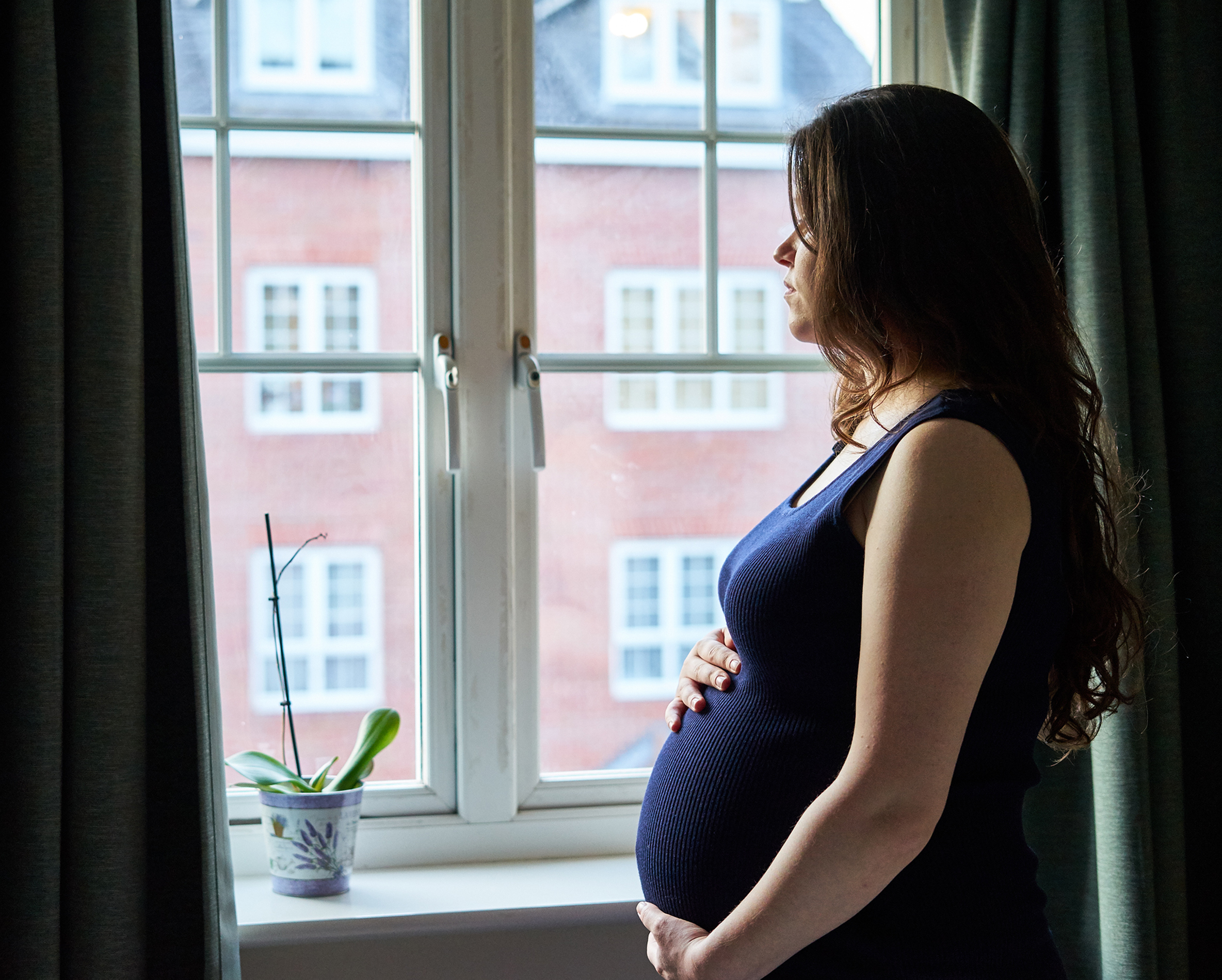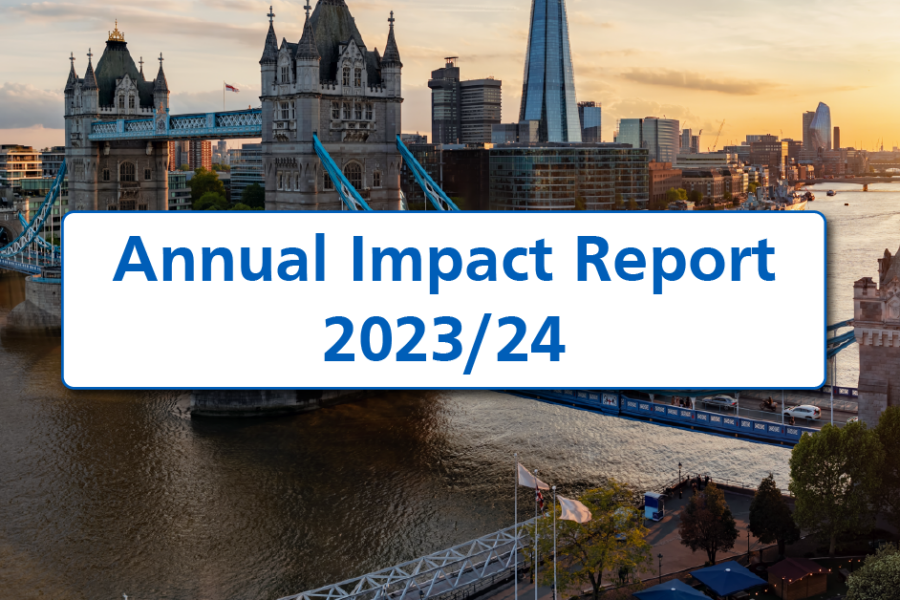Children and young people – Annual Impact Report 2023/24
The work we do that impacts on children, young people and their families stands out because of its breadth, variety, and sensitivity of approach.
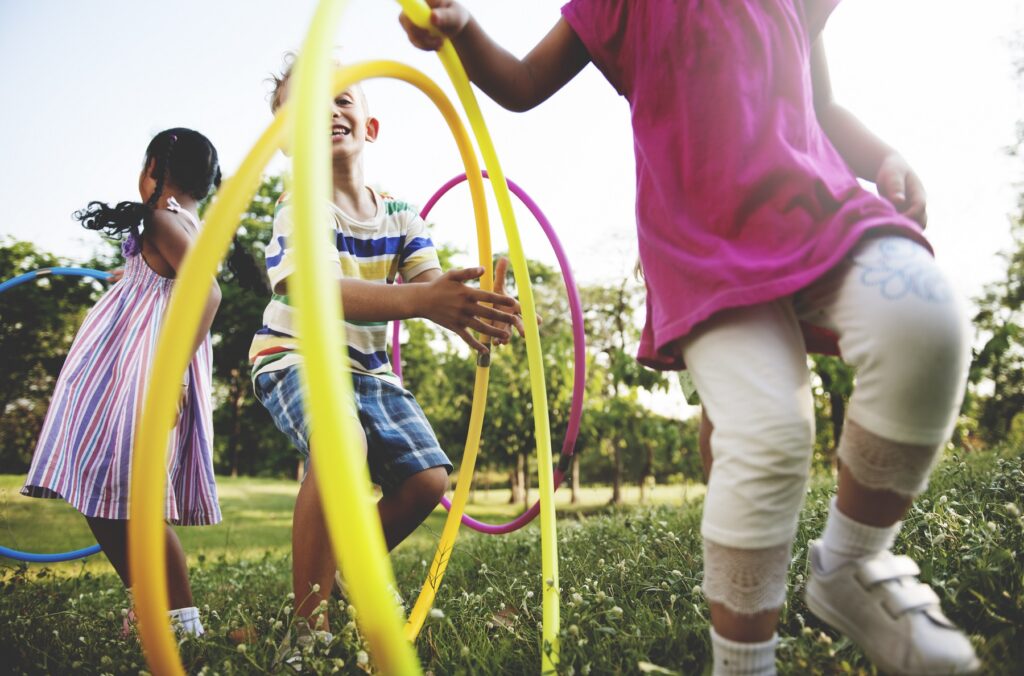
Hearing from children and young people
Children’s Cancer Centre consultation
We led communications and engagement for a high-profile consultation on changes to very specialist cancer treatment services for children who live in south London and much of south east England.
It was very important the programme heard from children with experience of cancer as well as their families, staff, councillors, and others.
To do this, we:
- spoke to children and young people about what would help them to take part
- created clear, simple materials, as they advised, including an animation, and an easy read summary of the consultation document and questionnaire
- arranged for letters to be sent to current patients and their families about the consultation, asking them to share their views
- spoke directly to children and young people in the waiting room at The Royal Marsden, and at cancer units in other hospitals across the catchment area
- went to meetings of parents of children with disabilities, and from minoritised communities to ensure their specific needs were considered
- brought in a specialist organisation to speak to parents and children in more deprived communities
- brought in a play specialist organisation to work with children having cancer treatment.
The play specialist team:
- created a play hospital for younger children to help them understand the proposal, share their responses, and have fun while doing it. It could be taken to the bedsides of very sick children
- encouraged older children to tell the story in their own words, using cards on a bulletin board, comic strip images, or writing a ‘letter to the big boss’ using a template.
There were more than 2,600 responses to the consultation. The decision in March 2024 took account of the consultation feedback including the different concerns raised.
Feedback on behalf of the London Mayor mentioned “the seriousness and effectiveness” of engagement with the public and stakeholders and added: “…there has been a creative approach taken to consultation, using a variety of media and access options and multiple delivery partners, and strengthened by using an independent organisation to report on consultation activities. That report found that those engaged were broadly representative of the patient cohort.”
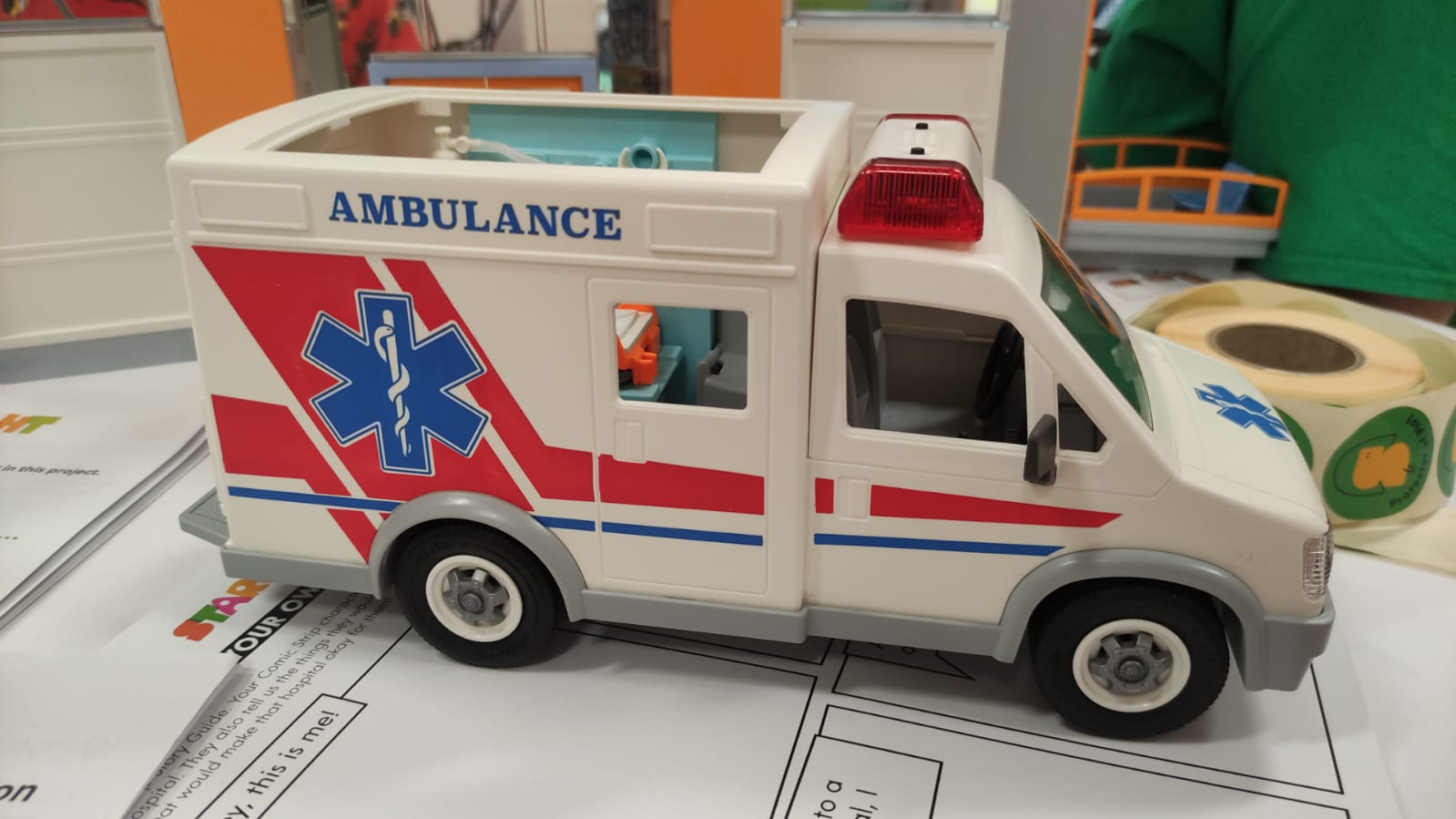

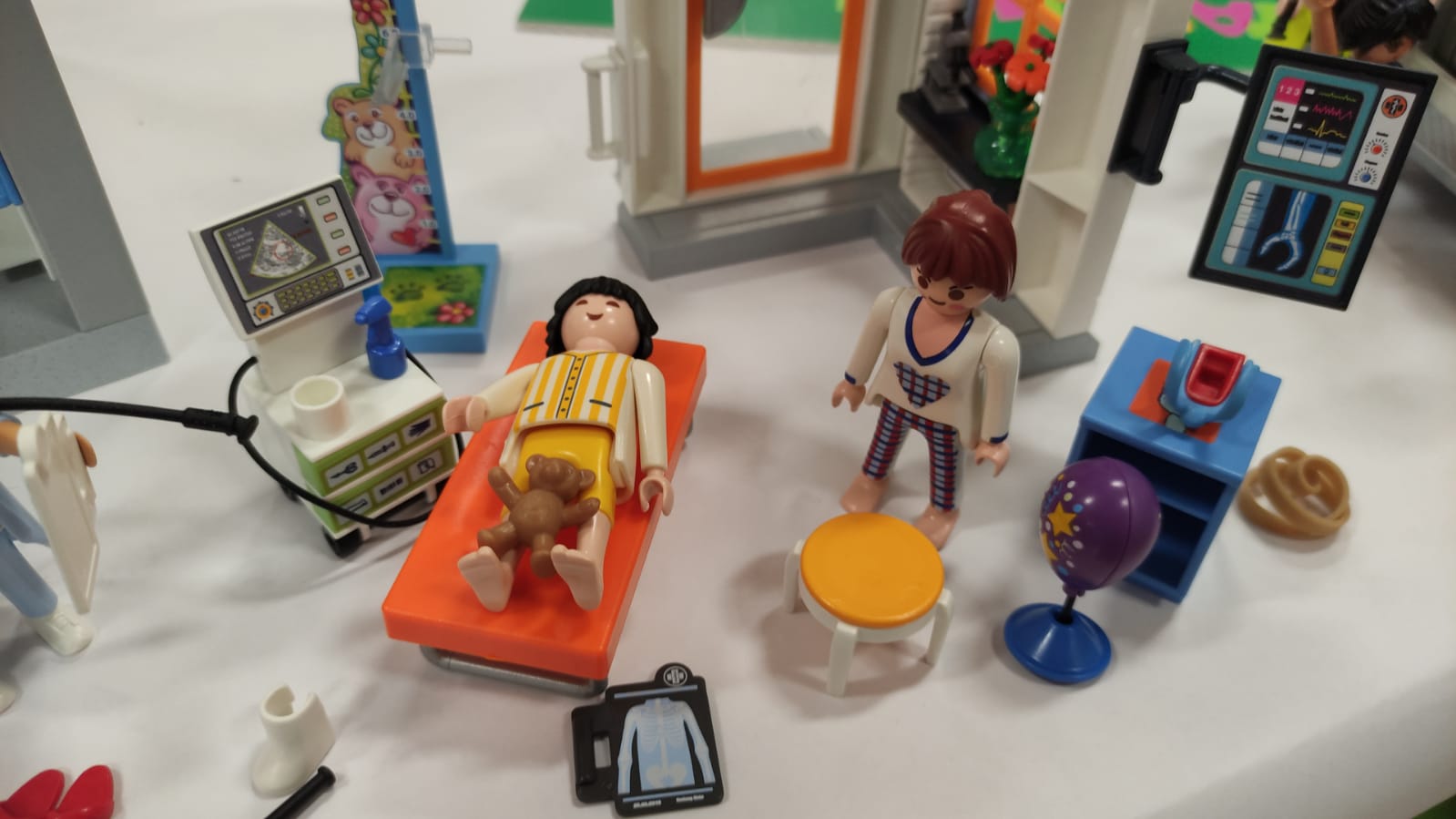
Examples of toys used by play specialists to talk to children being treated for cancer
Better for children
- Plans for the new centre are being shaped by what children, young people and parents said they would most value.
Healthcare for children in secure settings
We were commissioned in 2023 by NHS England Health and Justice Children Programme to refresh the standards for healthcare for children in secure settings in England.
Secure settings include young offender institutions, secure schools and training centres.
About 1,000 children aged 10 to 17 are in secure settings at any time. They are more likely to have:
- mental health difficulties
- neurodevelopmental conditions
- speech, language and communications needs
- physical health needs
- experience of serious maltreatment
- experience of crime and/or abuse (as victims or perpetrators).
We worked with a specialist organisation to hear from 20+ children with experience of secure settings, visiting four settings. What they said played a key part in the final standards.
Better for children with complex needs
- The updated standards are now being rolled out across England.
- They stipulate better feedback mechanisms, more focus on trauma-informed care, and clarity on restraint and supervision procedures.
- Secure settings must also provide more dental care, and better support for neurodevelopmental conditions, learning difficulties, and girls’ health and wellbeing.
- This will ensure this vulnerable group gets the same access to healthcare as other children and young people.
Making the case for funding secure children’s homes
We were commissioned to look at provision in London for children who need to be in a secure children’s home for welfare reasons, or because they have been sentenced or had bail refused.
Our research found, with no such homes in London, around 33 London children at any time are in one of 15 other homes across England – on average 192 miles from home. As well as the personal cost, we identified serious impacts on planning for their futures, issues with the availability of placements, and the financial cost.
We undertook an analysis of demand and needs for which we:
- spoke to children at several secure children’s homes
- engaged with many other stakeholders and experts
- co-developed a set of options
- undertook a full options appraisal
- undertook financial modelling
- developed a business plan for a Pan London Vehicle to create two secure children’s homes for London, with step-down facilities for those moving on.
The plan was endorsed by NHS England, London Councils, the Association of London Directors of Children’s Services, and the Mayor’s Office for Policing and Crime. It was successfully submitted to the Department for Education for funding.
Better for children
- Children in London who need the tailored support provided by a secure children’s home will have access to it.
- Children who are ready to leave a secure children’s care home will have access to transitional support.
Curious minds welcome!
Ask us anything about our work and let’s explore solutions together. Please contact us for an informal chat.
email us at:rf-tr.tphc-communication@nhs.net
Supporting care leavers into work
We worked with more than 50 young people as part of North Central London Integrated Care System’s drive to support care leavers into meaningful education, employment, and training in the health and care sector.
Working closely with system partners, we coordinated access to opportunities and held recruitment and careers events. Key activities included:
- creating opportunities for care leavers to learn about health and care careers
- offering them the chance to participate in simulated healthcare work activities
- supporting them with their applications
- offering them guaranteed and same day interviews
- giving them priority access to a variety of roles.
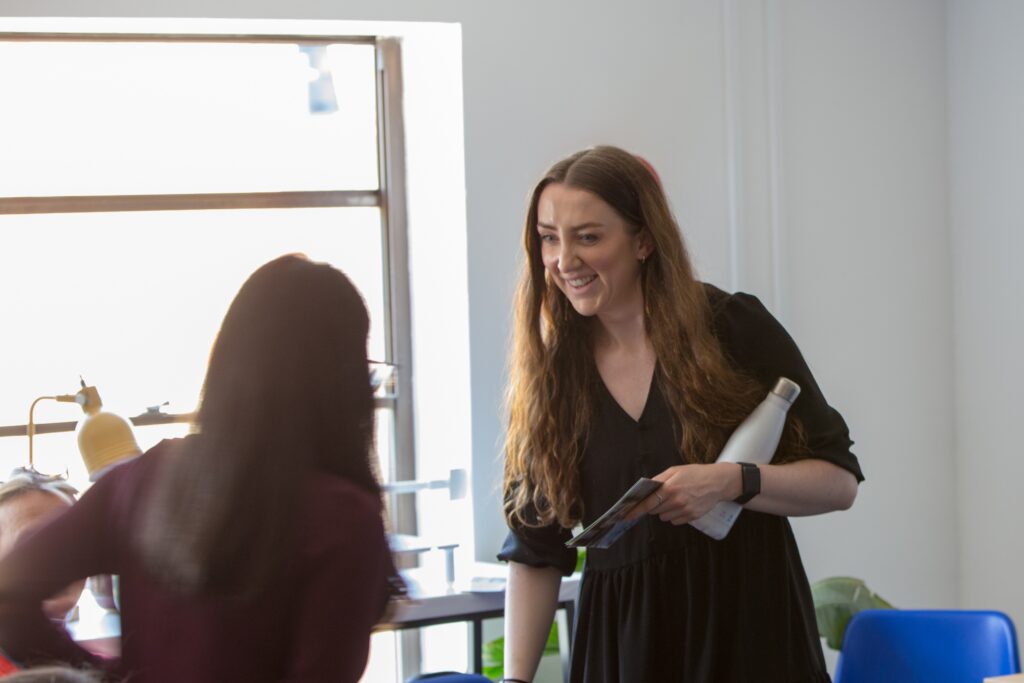
Better for care leavers
- Ten of them found jobs, education or training as a result.
- Care leavers in north central London have ongoing access to employability support.
- Learning from this work was celebrated at a national event, via regional workforce colleagues, helping other systems to follow suit.
Childhood asthma campaign
We lead the communications for NHS England – London’s annual #AskAboutAsthma campaign. Coinciding with the new school year in September, the campaign highlights simple changes that will make a big difference to children and young people with asthma.

2023 was the seventh year of the campaign and to keep it relevant and maintain growing support from the wider system, the focus was widened to include the impact of housing, mould and vaping.
We collaborated and co-produced content with children, parents and professionals, ensuring it addressed stigma, and encouraged people to share their own experiences.
We supported the team to run a week long schedule of virtual events with:
- webinars and conferences for professionals
- blogs, videos and podcasts
- a live educational broadcast to primary schools
- traditional and social media.
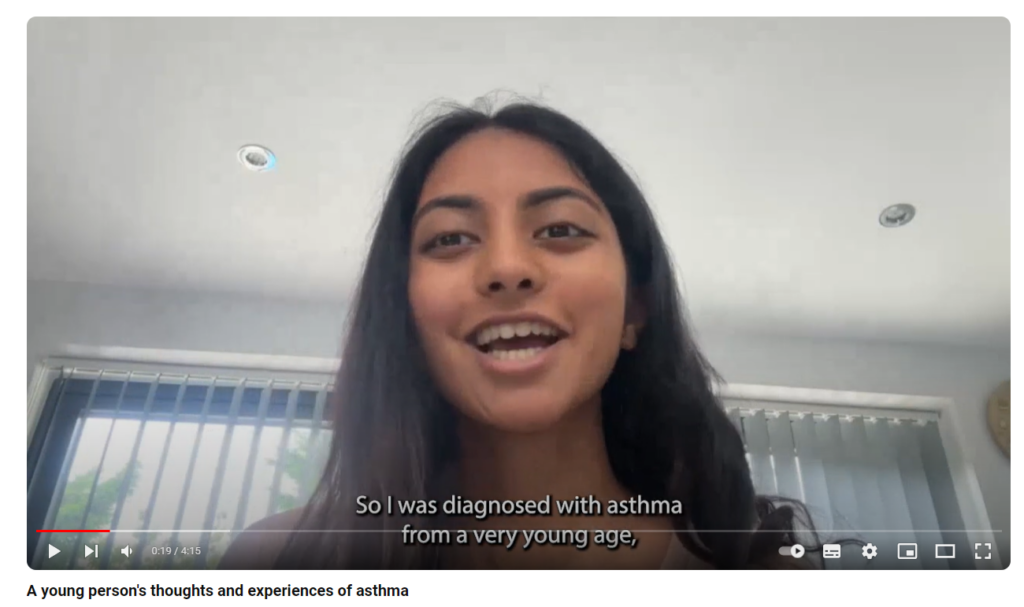
Better for children and young people
- The 2023 campaign reached over 3.5 million people on social media, raising awareness of issues impacting on asthma, and tips for care.
- It also achieved national coverage in traditional print media.

